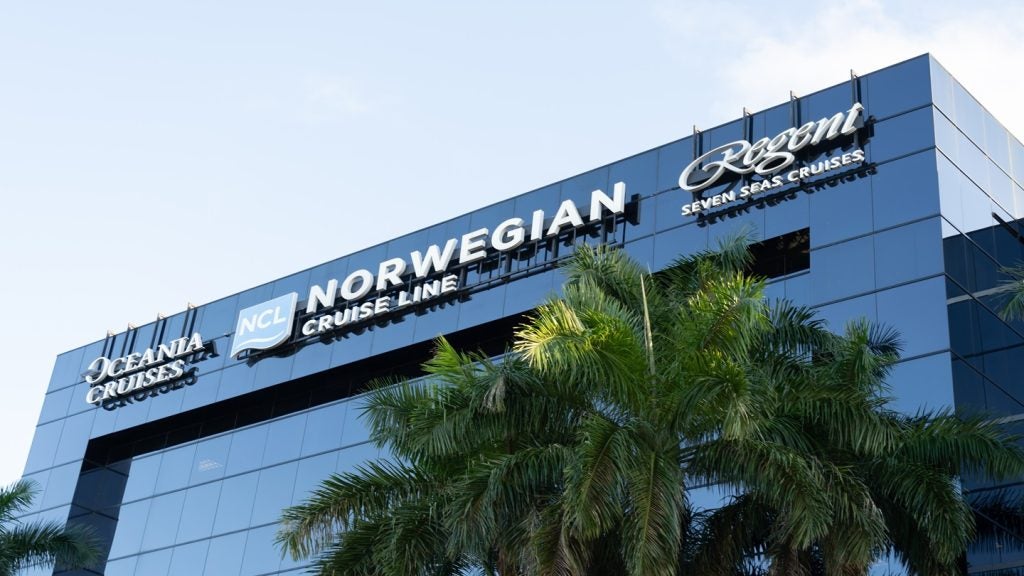Gaztransport and Technigaz (GTT), in collaboration with Lloyd’s Register (LR) and Dalian Shipbuilding Industry (DSIC), has launched the second phase of a joint development project (JDP) for ballast-free (B-FREE) liquefied natural gas (LNG) carrier.
The collaboration has added Exmar as a new partner to the project, which will develop the 30,000m³ carrier.
The newly launched phase intends to further enhance the medium-sized vessel design developed by the collaboration in the first phase of the JDP.
It also seeks to validate the initial results achieved during Phase I by conducting additional detailed analysis and verification, including model testing.
The LNG carrier uses membrane containment systems to fully comply with the International Maritime Organization’s (IMO) new ‘Ballast Water Management Convention’.
The design has demonstrated the potential for competitive advantages for the shipowners by integrating environmentally friendly features with increased efficiency.
How well do you really know your competitors?
Access the most comprehensive Company Profiles on the market, powered by GlobalData. Save hours of research. Gain competitive edge.

Thank you!
Your download email will arrive shortly
Not ready to buy yet? Download a free sample
We are confident about the unique quality of our Company Profiles. However, we want you to make the most beneficial decision for your business, so we offer a free sample that you can download by submitting the below form
By GlobalDataIt also has the potential to reduce construction and operational costs. In December, LR granted an approval in principle to the vessel design.
Exmar Shipping managing director Pierre Dincq said: “The ballast-free concept is a well-suited solution in the context of a shipping world with growing environmental requirements and concerns.
“By eliminating the need for ballast water, there is an absolute certainty that no invasive species will be transported on-board.
“Moreover, the ballast water treatment plant can be omitted, reducing the maintenance requirements and the energy consumption of the vessel, which has a positive impact on the CO2 footprint of the vessel.”
Based in Belgium, Exmar currently provides floating solutions for the operation, transportation and transformation of gas.







